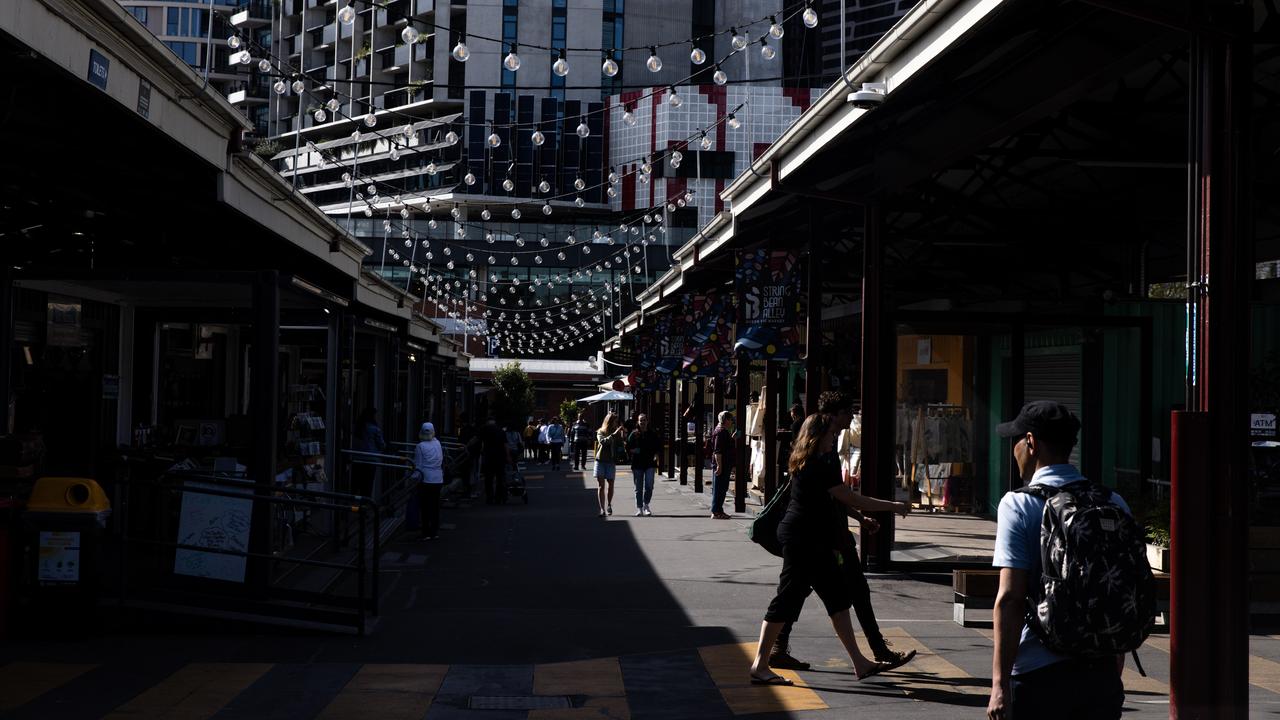
South Australia has taken out a hat-trick in an annual ranking of the best states to do business in Australia, earning top marks for regulatory costs and planning approvals.
The state set the benchmark for the third consecutive year with its competitive payroll tax settings, planning system and licensing requirements, according to the Business Council of Australia’s latest report, released on Tuesday.
As governments across Australia look to make it easier to build new homes to boost housing supply and affordability, South Australia has shown more consistency and certainty for applicants, the report found.
It also had the lowest payroll tax rate, the second-least onerous licensing system and relatively low land tax and stamp duty burdens.

“South Australia is leading the nation and shows us that cutting unnecessary red tape and designing efficient regulations is not just good for business – it’s good for workers and communities,” council chief executive Bran Black said.
It’s another feather in the cap for the SA government, which is cruising along in the polls ahead of a 2026 state election.
“We are a pro-business Labor government with a desire to get our state moving,” Premier Peter Malinauskas said.
“The approach is delivering real results, in a way our state is not accustomed to.”
Surprisingly, Tasmania was ranked the second-best place to do business, with the Northern Territory in third and the ACT fourth.

Once again, Victoria came in last due to its onerous business licensing requirements and high property and payroll taxes.
“The success of Victoria matters, and practical reforms to payroll tax, property taxes, and business licensing would deliver a big boost to the state’s ability to win investment,” Mr Black said.
With a year to go until the next Victorian election, published polls have Labor on track to hold on for a fourth term, despite the ageing Allan government facing criticism over mounting debt and a growing crime rate.
NSW came in fifth place overall, but Mr Black applauded the nation’s most populous state for recent reforms to building approvals, which would speed up the delivery of new homes but were passed too late to be considered in the report.
The report also highlighted that the ACT and the NT had the least restrictive trading hours.
“Christmas is approaching and states like Queensland and South Australia could get more bang for buck from their retail sectors if they allowed businesses to open for longer and when it suits them,” Mr Black said.